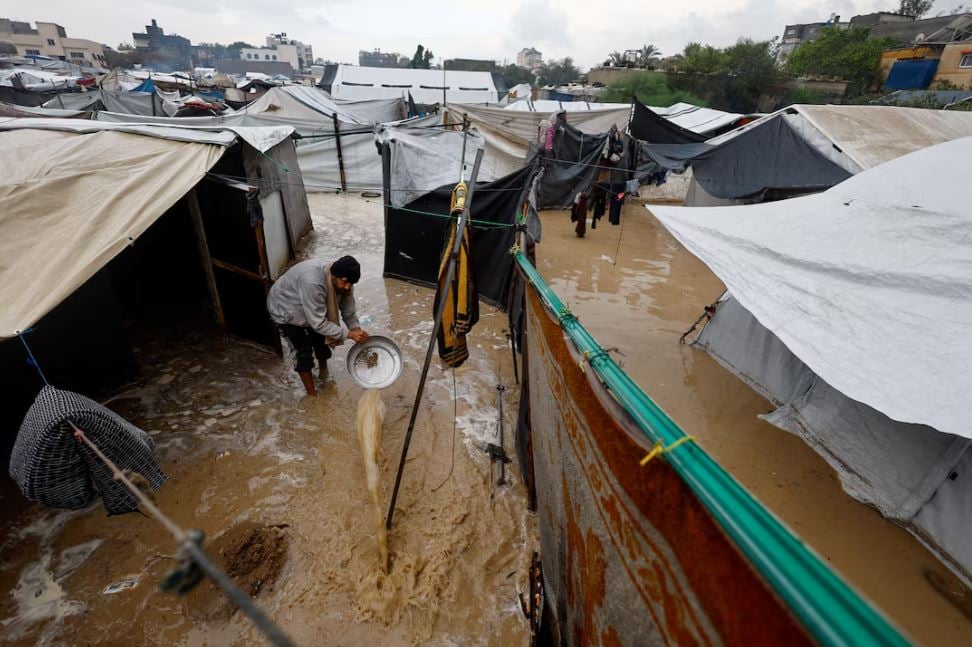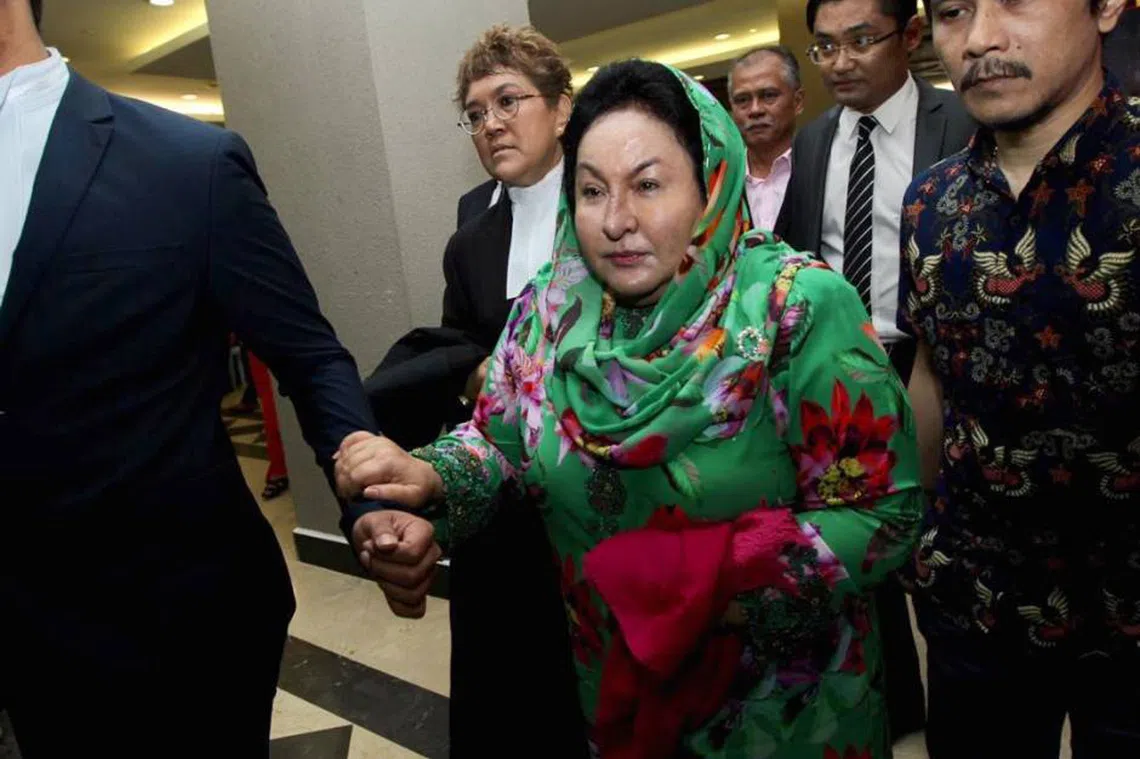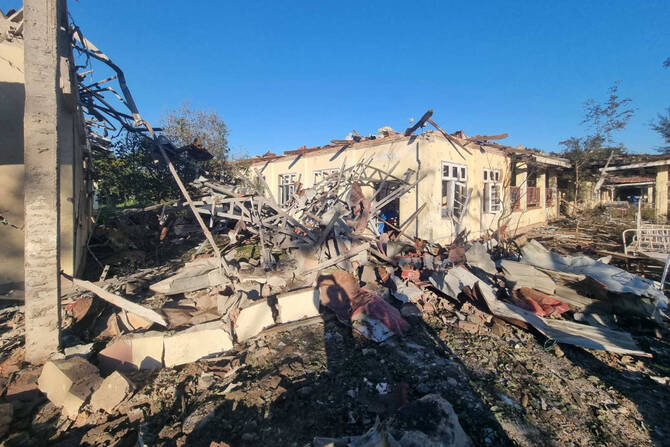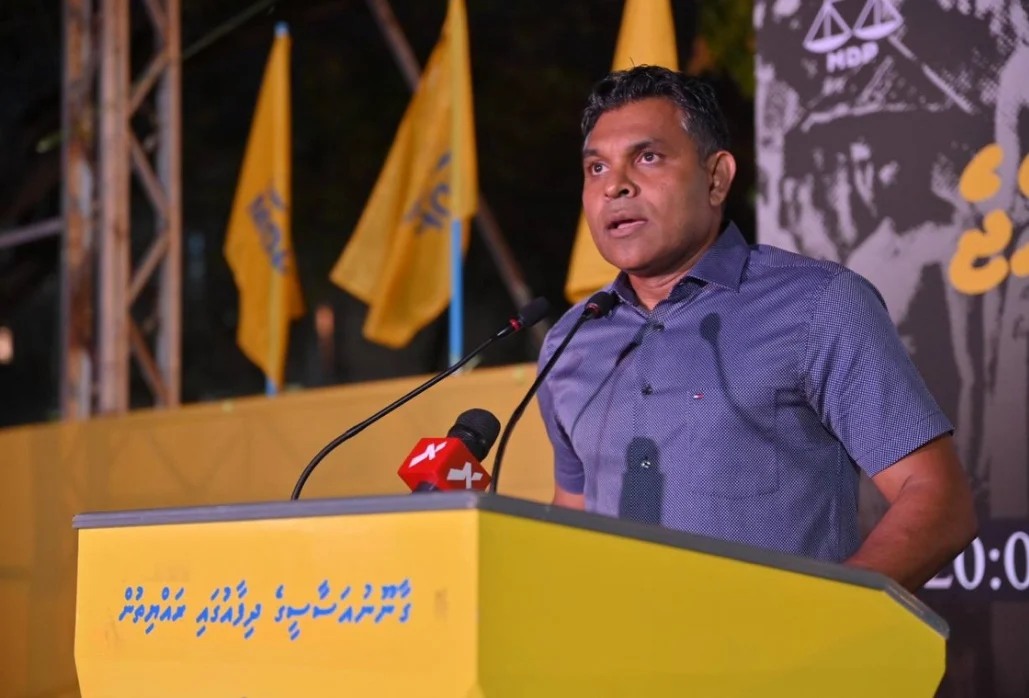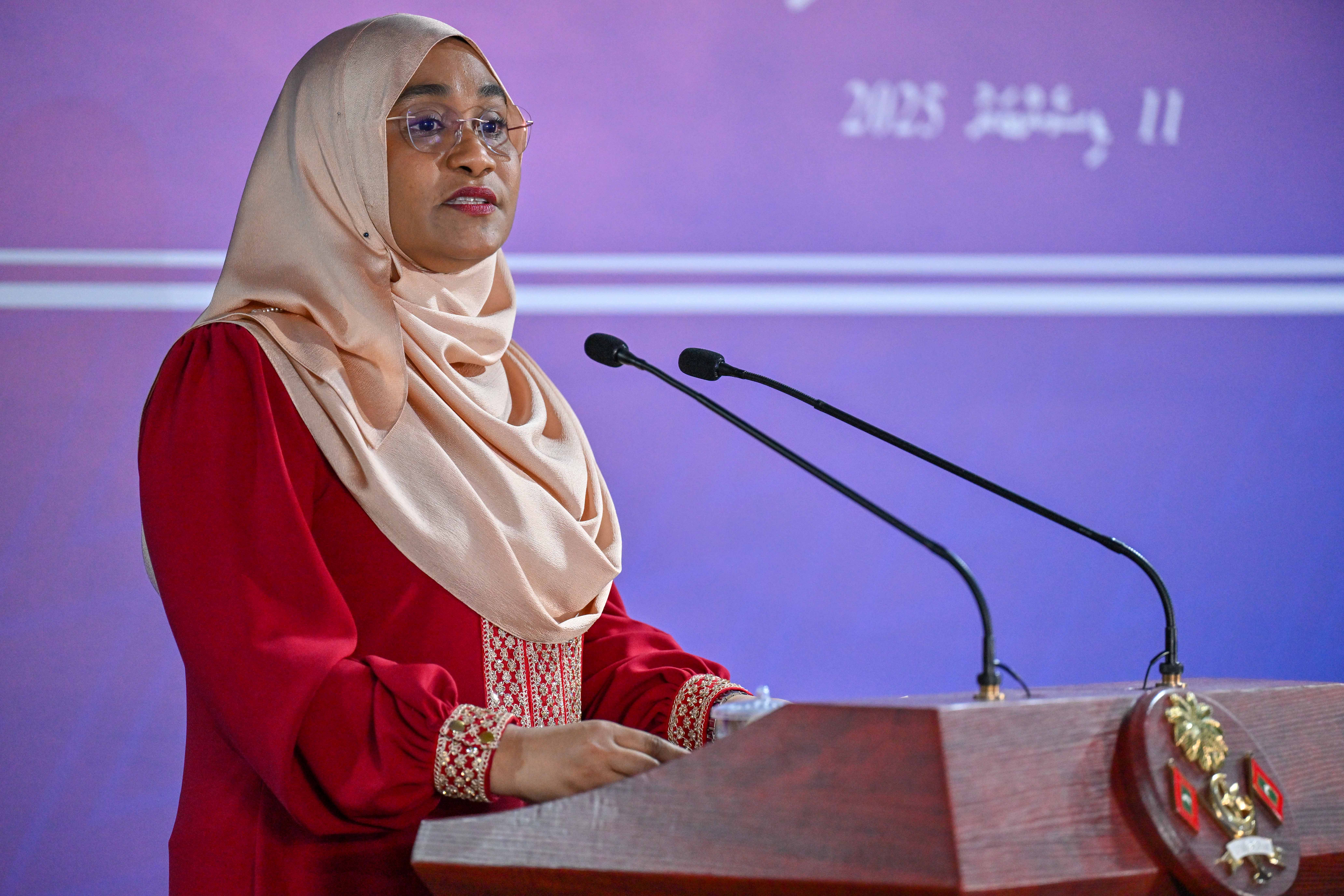Pakistani traders went on strike on Saturday in protest of the country's skyrocketing cost of living, which has caused a great deal of public anger. This includes increasing fuel and utility prices as well as a record depreciation of the rupee versus the dollar.
As demonstrators burnt tires on the roadways to show their rage, the traders around the nation put down their shutters. On Saturday, there were widespread market closures in Lahore, Karachi, and Peshawar.
On Friday, Pakistan hiked petrol and diesel prices, breaching the Rs300 mark for the first time in its history and leading to widespread anger among the masses.
The developments come months after Islamabad signed a badly needed $3 billion deal with the International Monetary Fund (IMF) to avert a default due to decades of mismanagement and instability. However, the global lender demanded that popular subsidies cushioning living costs be slashed and imposition of a Rs 50 petroleum levy on every liter. Other conditions included generating additional revenues, raising energy prices, and adopting a market-based currency exchange rate, all of which have fueled inflation in the South Asian country that persisted at 27.4 percent in August. It peaked to an all-time high of 38 percent in May.
But Caretaker Prime Minister Anwaar-ul-Haq Kakar chose to dismiss the public concerns in a meeting with journalists on Friday, saying the matter of energy price hikes was being used by political parties for electioneering. His statement, widely reported by the local media, met with strong criticism from the masses.
As demonstrators burnt tires on the roadways to show their rage, the traders around the nation put down their shutters. On Saturday, there were widespread market closures in Lahore, Karachi, and Peshawar.
On Friday, Pakistan hiked petrol and diesel prices, breaching the Rs300 mark for the first time in its history and leading to widespread anger among the masses.
The developments come months after Islamabad signed a badly needed $3 billion deal with the International Monetary Fund (IMF) to avert a default due to decades of mismanagement and instability. However, the global lender demanded that popular subsidies cushioning living costs be slashed and imposition of a Rs 50 petroleum levy on every liter. Other conditions included generating additional revenues, raising energy prices, and adopting a market-based currency exchange rate, all of which have fueled inflation in the South Asian country that persisted at 27.4 percent in August. It peaked to an all-time high of 38 percent in May.
But Caretaker Prime Minister Anwaar-ul-Haq Kakar chose to dismiss the public concerns in a meeting with journalists on Friday, saying the matter of energy price hikes was being used by political parties for electioneering. His statement, widely reported by the local media, met with strong criticism from the masses.











